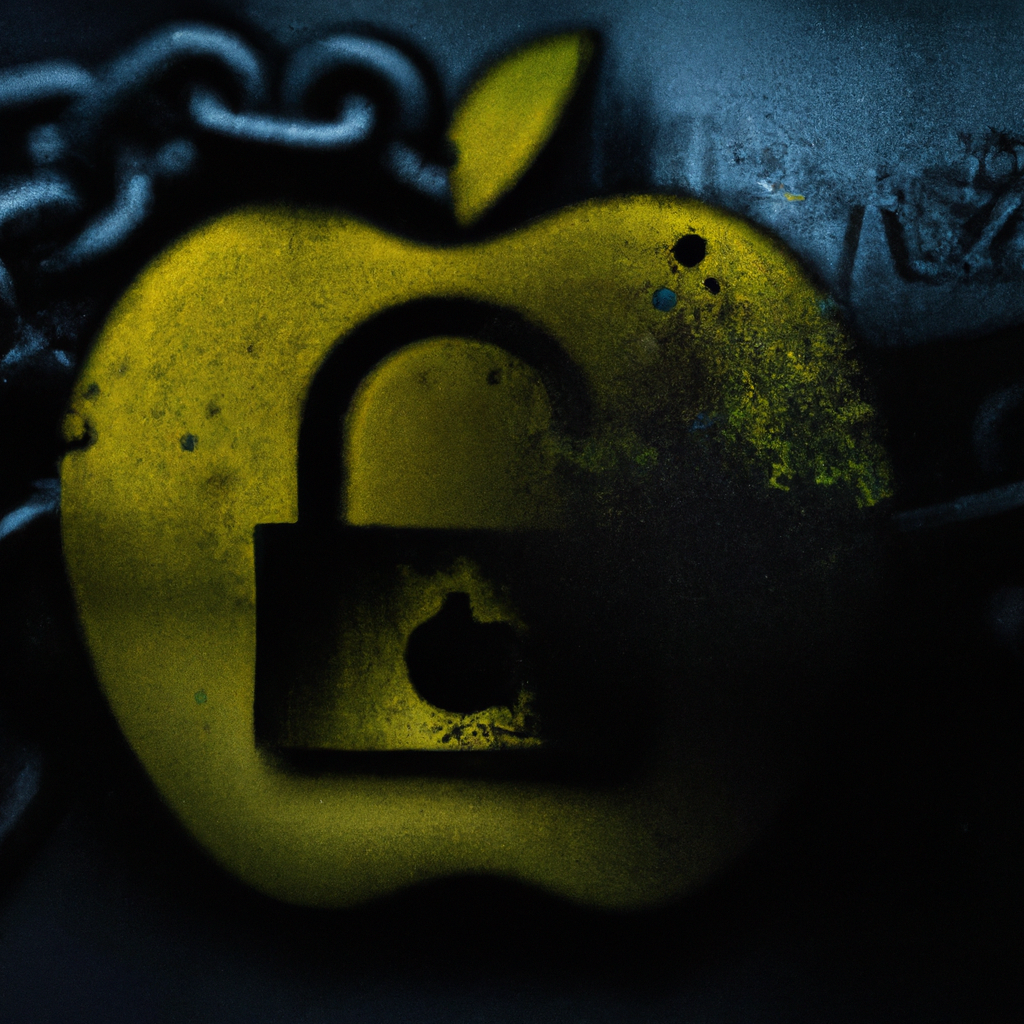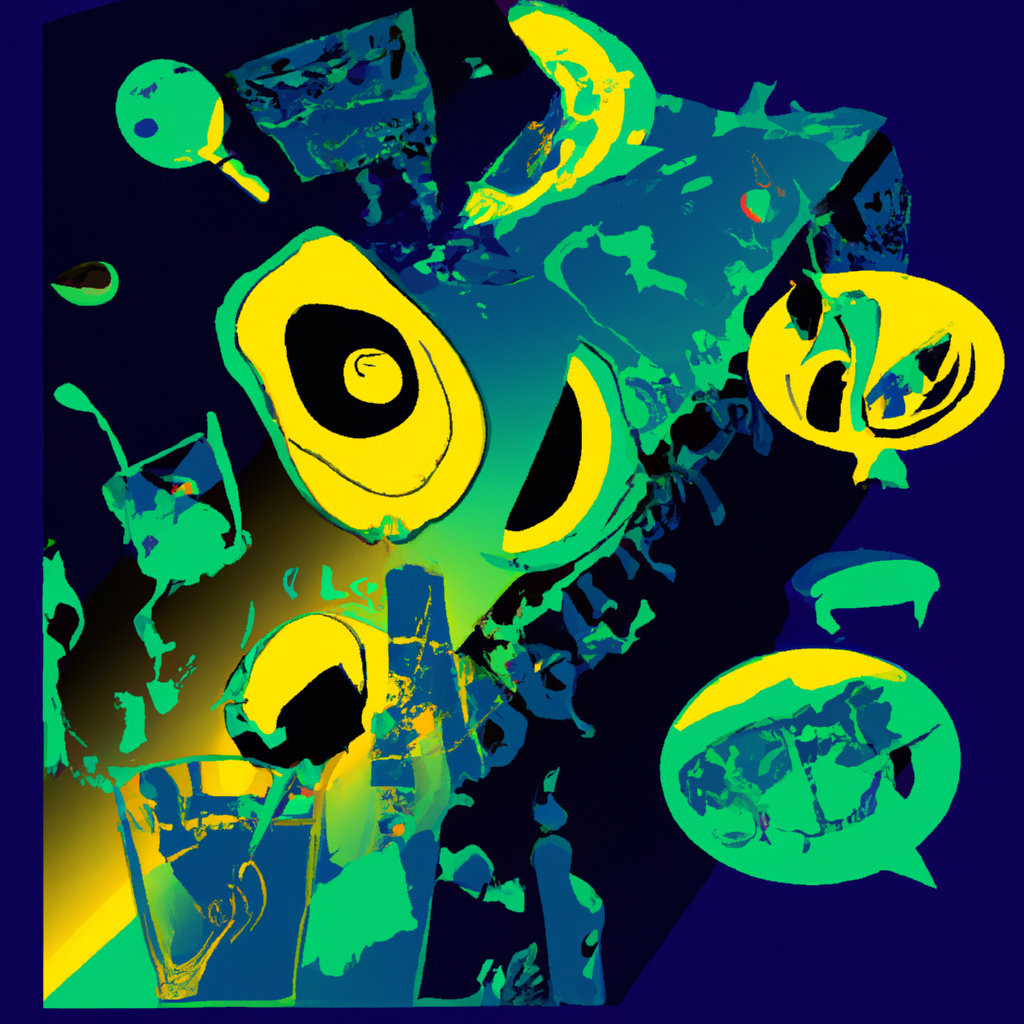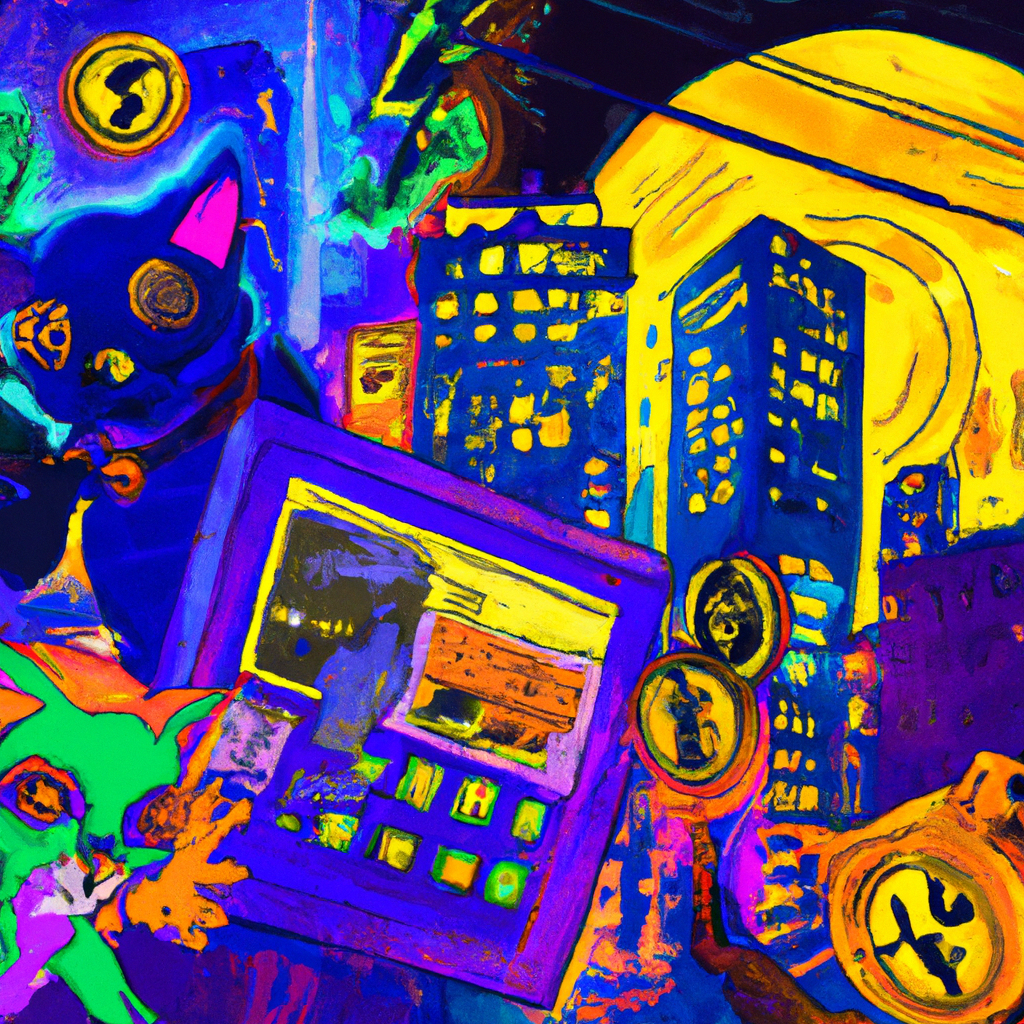Apple’s Notarisation: A Digital Gatekeeper or Guardian?
The rain patters insistently against the window as the room fills with the glow of computer screens. Somewhere, a developer stares at their code, wondering if their creation will ever see the light of day. Apple’s ominous shadow looms, its notarisation process a gatekeeper at the digital border. What appears as a mere technical safeguard might just be a power play with significant consequences.
The Evidence
In late 2025, Apple introduced an enhanced ‘notarisation’ process for macOS apps. The promise is security—ensuring that apps are safe from malicious software before they reach users. But the reality for developers is a different story. The process demands that apps be submitted to Apple for approval, effectively placing Apple in control over which software gets access to the Apple ecosystem.
With this move, Apple can now filter not just on the basis of security, but also on content, financial incentives, or strategic goals. Developers, small and large, find themselves at the mercy of a corporate giant, unable to distribute apps freely without passing through Apple’s digital customs.
The Pattern
Apple’s notarisation is not an isolated incident but part of a broader trend where tech giants consolidate power under the guise of user safety. By controlling the gates to their ecosystems, companies like Apple can not only secure their platforms but also steer the market in their favour. This echoes historical monopolistic practices, reminiscent of the East India Trading Company’s grip on colonial trade routes.
Behind the curtain, financial motives glimmer. Apple’s ecosystem is not just tech—it’s a marketplace. More control means more revenue through app store fees and in-app purchases, as well as the ability to craft bespoke licensing deals.
Why It Matters
The implications of Apple’s notarisation extend beyond developer frustration. It’s a reflection of how power is wielded in the digital age, shaping not just markets but also societal norms. When a single corporation can dictate the terms of digital engagement, questions of freedom, privacy, and innovation surface.
This strategy raises ethical concerns: Should a tech giant hold so much sway over digital content distribution? What are the implications for innovation when new ideas can be stifled by corporate gatekeeping?
Sources
- Reuters: Apple’s Notarisation Policy
- Financial Times: Developer Challenges with Apple
- UK Government: Tech Monopolies and Regulation
Salt Angel Blue Verdict: Manipulative
Apple’s notarisation policy is a strategic maneuver to consolidate power under the guise of security, benefitting the corporation at the cost of developer freedom.





